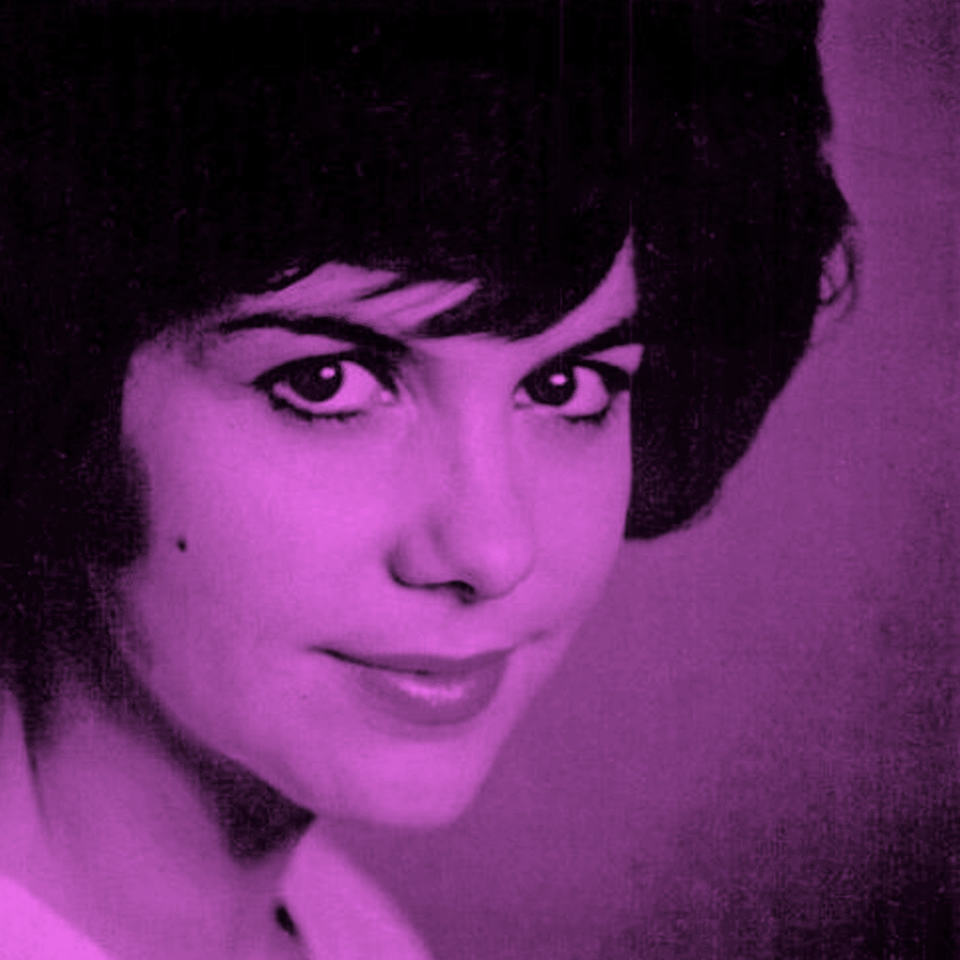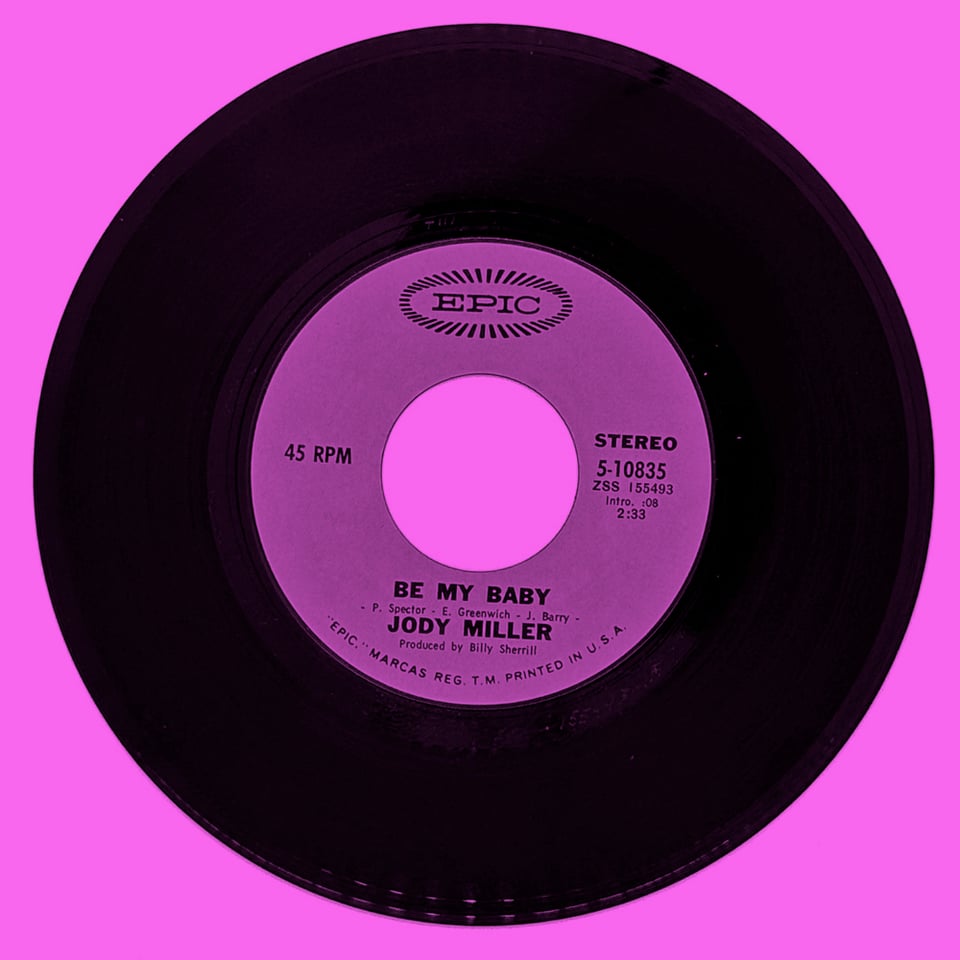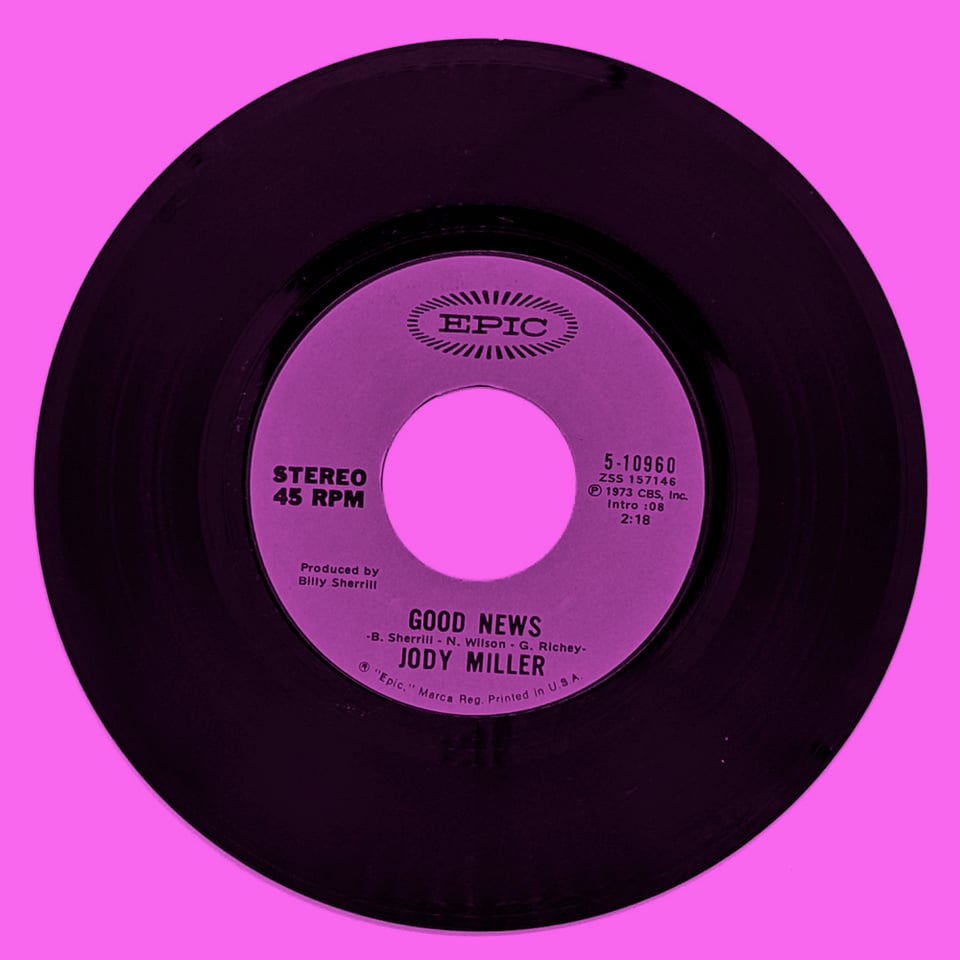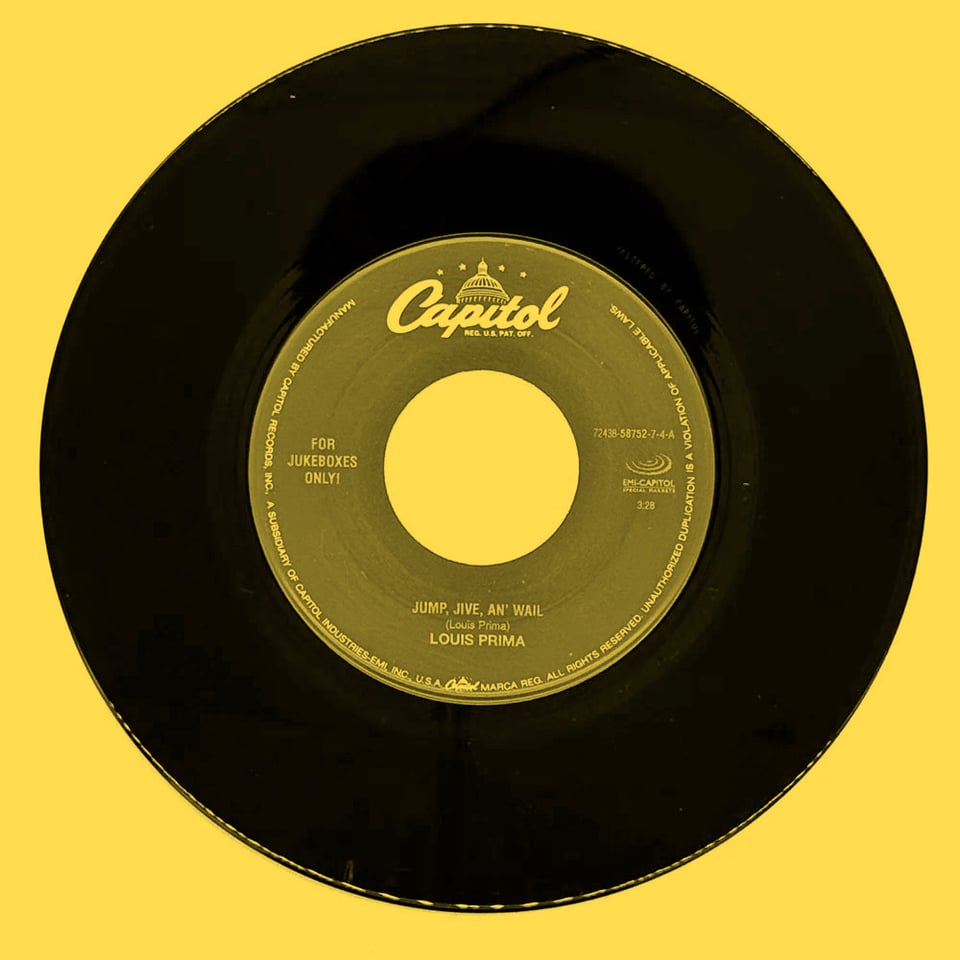HE'S SO FINE | Jody Miller

“It's a Cinderella story. ... I got in L.A. and I had been married six months. It was in the summer of '62, and by that next year, I had a contract with Capitol,” remembers Myrna Joy Miller.
Adopting the new, folky stage name Jody Miller, Myrna soon toured Hawaii with The Beach Boys, appeared on television alongside The Rolling Stones, and had then-session players Glen Campbell, Sonny and Cher, and fellow Okie Leon Russell collaborating on her records.
In a way, it was yet another Oklahoma star — coincidentally also named Miller, but unrelated — who helped her win a Grammy and launch a country music career.
In 1965, Capitol tapped Jody Miller to cut QUEEN OF THE HOUSE, an answer song to Roger Miller's now-iconic smash KING OF THE ROAD.
It reached number 12 on the Billboard Pop Chart, number four on the Billboard Adult Contemporary Chart, and number five on the Billboard Hot Country Songs Chart, featuring lyrics like:
“Up every day at six
Bacon and eggs to fix
Four kids from 1 to 4
Pretty soon there'll be one more
Oh, but Sundays I'm mighty glad
We send the kids to his mom and dad.
It's the day that makes me glad I'm Queen of the House…
“It was instant airplay. We sold a lot of records. They actually couldn't make ‘em fast enough to sell. So, it was a giant hit for me," she told The Oklahoman.
At the 1966 Grammys, where she was also nominated for Best New Artist, Miller won the award for Best Country & Western Vocal Performance - Female for QUEEN OF THE HOUSE.
It would take her six more years to get back on the charts. "They saw right through us! We weren't country people," she explained later.
Jody briefly retired, purchased a ranch, and moved back to Oklahoma. (She took the Greyhound bus by herself from Oakland, California, to Blanchard, Oklahoma, at age eight, when she decided to live with her grandmother after her parents divorce.)
However, when she heard Tammy Wynette’s STAND BY YOUR MAN, Jody was determined to get back in the arena. She located the song's producer, Billy Sherrill, called his office in Nashville, and signed a country music recording contract with Epic Records in 1970.
Initially, Billy Sherrill struggled to identify Miller's musical identity. Miller lacked the phrasing typical of a country performer. So, he suggested pairing Jody's voice with older pop songs and adapting them for the country market.
“We were pioneers of sorts putting pop music into country and we sold a lot of records," she recalled.

Jody’s 1971 hybrid remake of The Chiffons' HE’S SO FINE reached number five on the Billboard Country chart, crossed over to number 53 on the Billboard Hot 100, and attained the number two position on the Billboard Adult Contemporary chart, bringing her her second Grammy nomination.
Her next single was a cover of Van McCoy and Barbara Lewis’ BABY I’M YOURS, which reached the Billboard country top five and Canada's RPM top ten. She also covered The Teddy Bears’ TO KNOW HIM IS TO LOVE HIM and The Ronettes’ BE MY BABY, both of which reached the top 20, respectively.
According to Jody, Billy decided what she would record. And he often found it difficult to source material since Miller was not a songwriter.
Jody would retire again in 1974, but not before several critics and music writers noted Linda Ronstadt's influence on Jody’s hits.

A Recent Rare Arrival

Remember those The Gap television commercials that featured Gen X dancers Lindy Hopping in their baggy khakis to Louis Prima? Well, Frank got his mitts on this gem of a jukebox pressing from the late 90s swing revival.
What is a jukebox pressing, you ask, Frank? Jukebox pressings were 45s that were produced in very limited quantities for your local bar or diner’s jukebox. From the ‘50s onward, jukeboxes primarily used the same 45s that you had in your home. However, by the '90s, few people were buying 45s anymore (the closest was a CD single), and pressing plants were only producing them for jukeboxes, which, like swing music, experienced a revival in the late 90s (thanks to movies like Doug Liman’s Swingers.)
The whole swing music revival was very short-lived and beauties like this, only released as a single for the jukebox, were tossed into the dustbin of history.
It should be noted, of course, that a decade earlier, when David Lee Roth left Van Halen for a solo career, he helped revive interest in Louis Prima by successfully covering the B-side of this.
See you soon

Thanks for stopping by. And stay safe out there.
